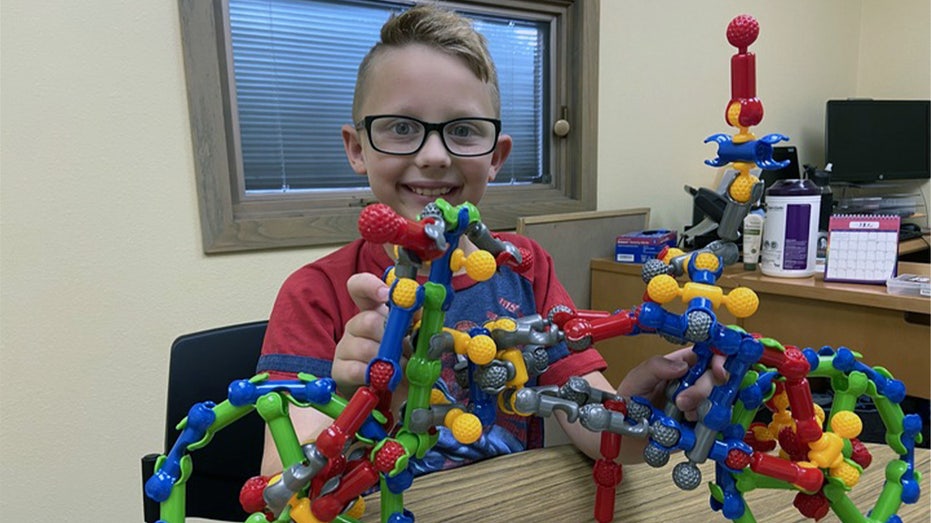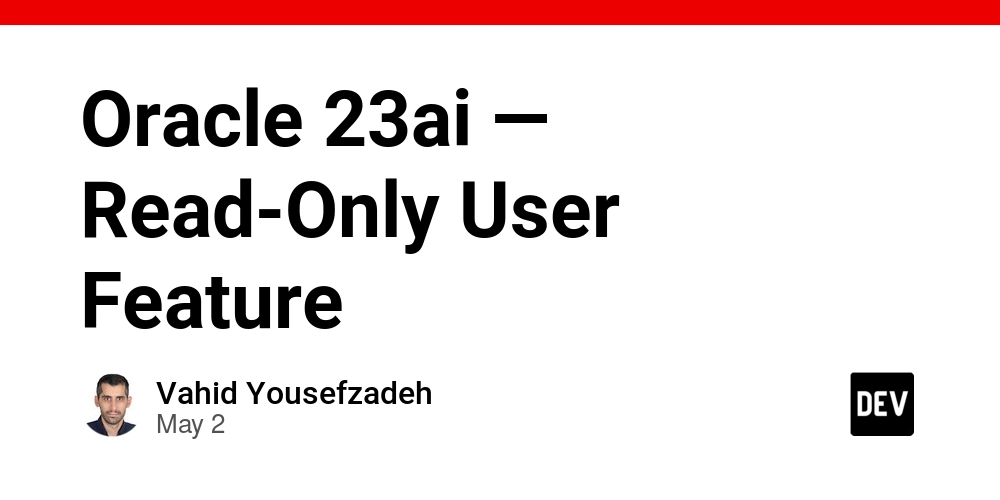To protect America’s children, Congress should hold app stores accountable
Sen. Mike Lee and Rep. John James have introduced the App Store Accountability Act to address the danger of apps systemically misleading parents with deceptive ratings, funneling millions of children towards dangerous and inappropriate content.

In 2024, a 14-year-old boy from Florida was lured into taking his own life through the app Character.AI, where a chatbot sent him sexual messages and responded to his suicidal thoughts with encouragement to kill himself.
Stories like this are devastating — and in danger of multiplying.
We cannot stand by as children fall prey to a Big Tech marketplace that profits from their exposure to online predators, violence, pornography and social manipulation.
For years, parents and children’s activists have cried out to lawmakers for help. A growing number of states across the country have required pornographic websites to age verify their users, which the Supreme Court appears poised to uphold. It is past time for Congress to address the issue.
Today, Sen. Mike Lee (R-Utah) and Rep. John James (R-Mich.) introduced the App Store Accountability Act, legislation that tackles the grave danger of apps systemically misleading parents with deceptive ratings, funneling millions of children toward dangerous and inappropriate content.
Google and Apple constitute an app store duopoly through which children across the country and around the world gain access to millions of apps by download or purchase. Their app ratings are often inconsistent and misleading.
Character.AI is rated 17+ by Apple, but Google rates it merely as “Teen.” Google Play, in other words, tells parents that Character.AI is appropriate for an older kid.
The mother of a dead 14-year-old disagrees — she never dreamed that a mere entertainment app could act as its own online predator.
When age ratings are inaccurate or full of discrepancies the entire safety system is compromised, making it impossible for parents to reliably protect their children. Character.AI is not an isolated example. A recent investigation in the Wall Street Journal found hundreds of apps that were rated as appropriate for kids that could seriously endanger their welfare. Kids can download apps rated for children which feature advertisements for sexual role-playing games, or allow users to create A.I.-generated child sexual abuse material.
Using an app requires agreement with the app store and developer’s labyrinthine terms of service. By clicking “agree,” users — including countless children — allow companies to access extremely sensitive data, such as exact location, contact lists, personal photographs and videos, and even the sound of one’s voice via microphone. If brick-and-mortar stores requested such information from a child, parents would be outraged.
Anyone asking for such information from America’s kids should be stopped.
Innumerable apps systematically funnel kids into the world of adults, granting hundreds of millions of strangers access to their eyes and ears. As of 2023, 68 percent of preteens had social media accounts; 47 percent of 11–12-year-olds were using TikTok; and 31 percent were using Snapchat.
On the adult side, more than half of America’s 18–34-year-olds use TikTok; and 20 to 29-year-olds are, by far, the largest share of Snapchat users. Although Snapchat’s location-sharing feature may have enabled a 37-year-old man in Minnesota to find the home of a 13-year-old girl, where he sexually assaulted her, it was the careless policies of an app store that enabled a child’s information to be broadcast in the first place. App stores are a critical chokepoint for combating online child exploitation across the board, and they must be held accountable.
The App Store Accountability Act requires app developers to provide clearer descriptions, displayed where parents can easily find them. It eliminates the practice of adolescent contracting altogether by requiring parental consent for all app downloads and in-app purchases, disrupting the child-to-stranger pipeline. Very importantly, by requiring age verification at the app store level, it will help to filter out the providers of age-inappropriate content at the source.
Momentum for this bill is growing. The state of Utah recently passed its own version of the App Store Accountability Act into law and parents are calling for similar measures across the country.
Last month, the House Subcommittee on Commerce, Manufacturing, and Trade held a hearing to discuss the harms kids face online. The testimony against Big Tech was heart-wrenching, as always. But one expert witness, Dawn Hawkins, made a sobering point: over the last decade, Congress has held no less than 23 such hearings, but little has been done — until now.
Congress should pass the App Store Accountability Act and stop Big Tech from profiting from American children's loss of innocence.
Mike Lee is the senior U.S. senator from Utah. Michael Toscano is director of the Family First Technology Initiative at the Institute for Family Studies and a member of the Digital Childhood Alliance.








































































